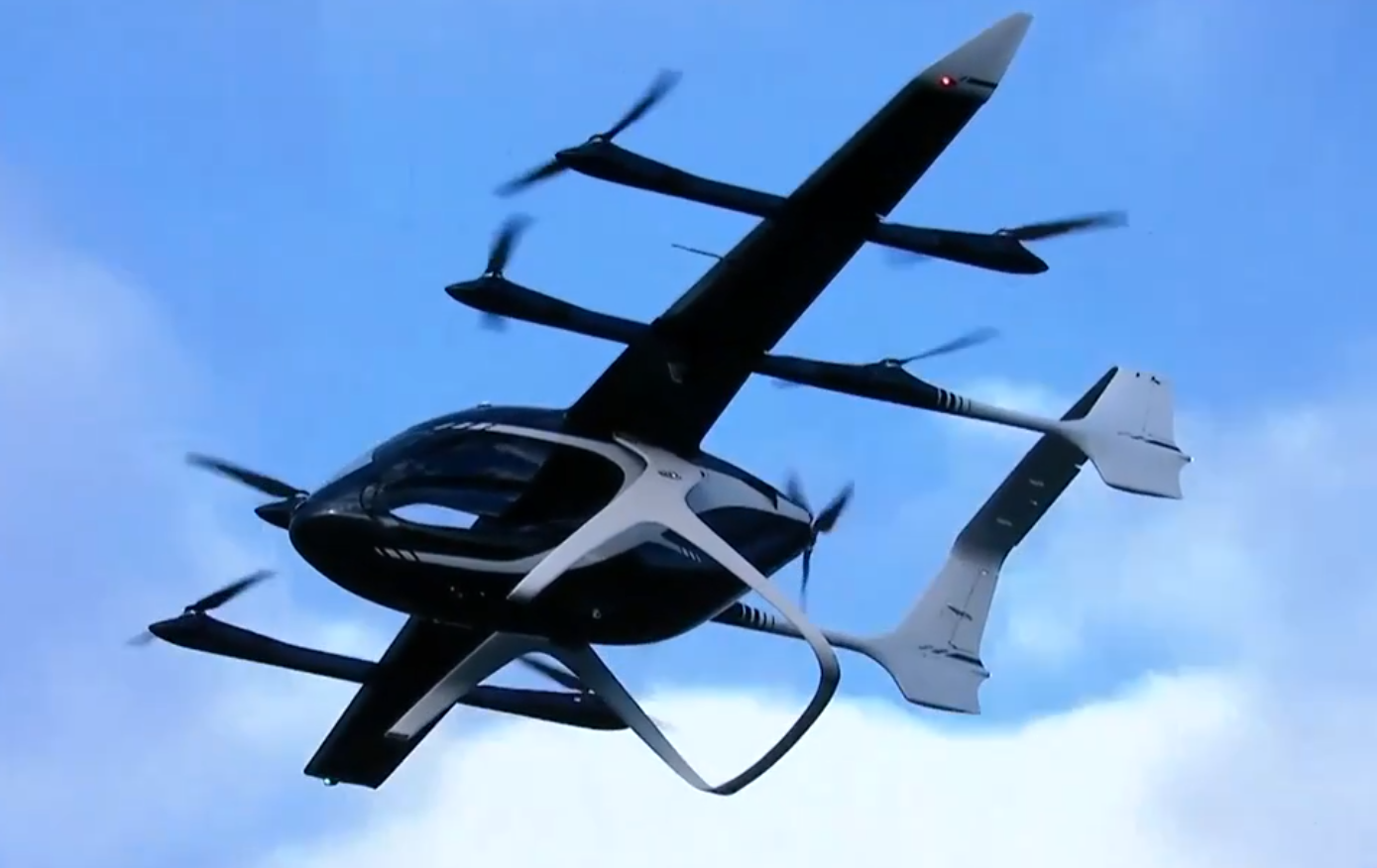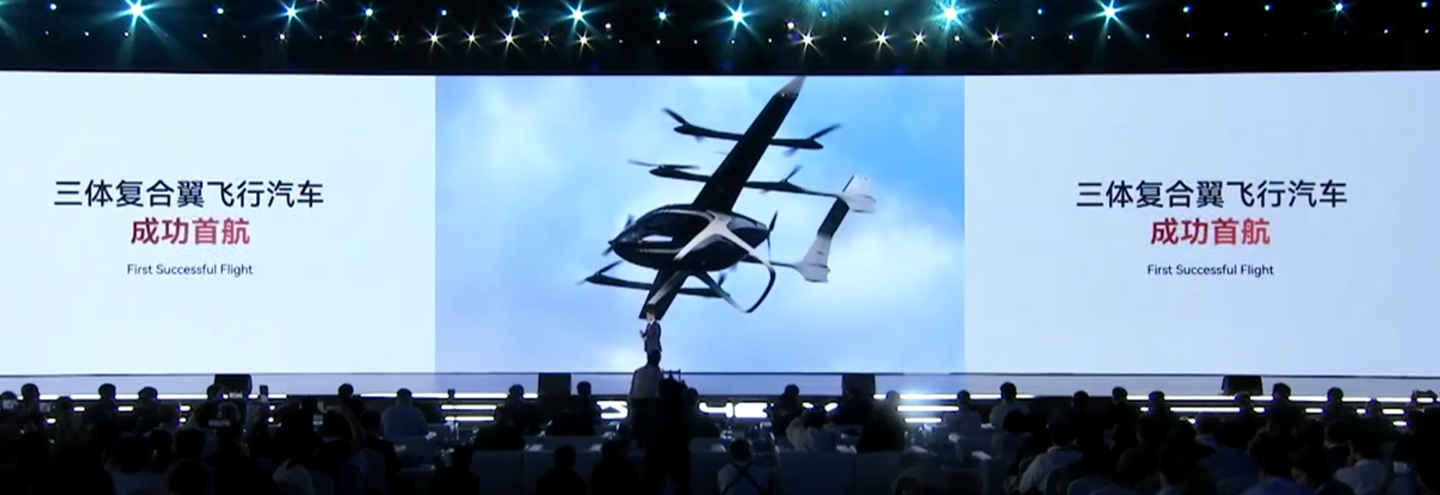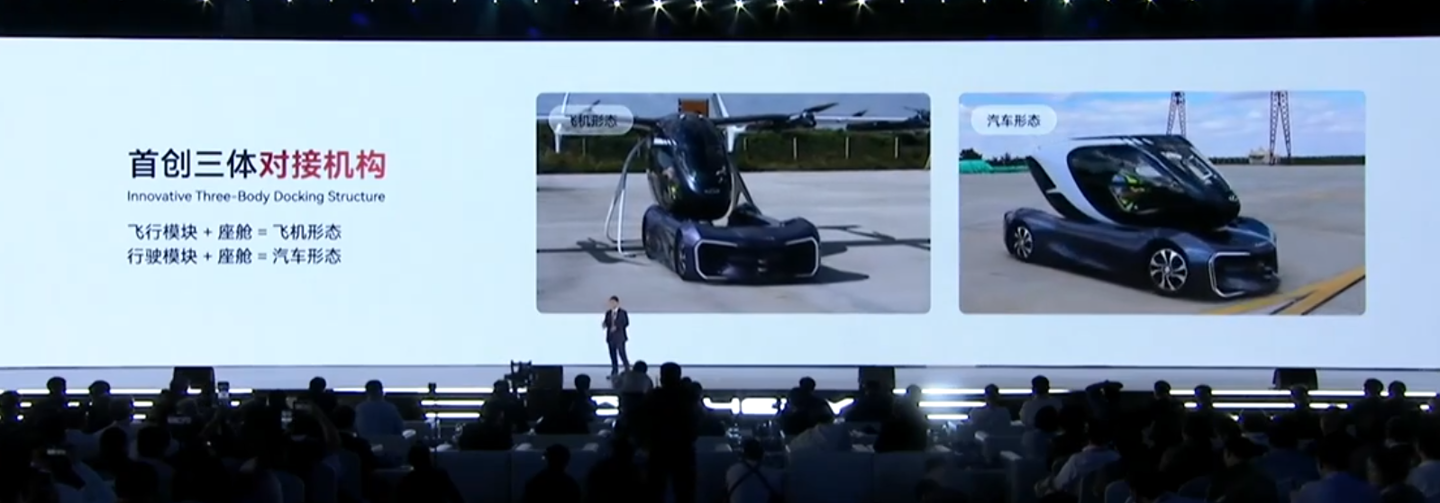 AI Digest Pending…
AI Digest Pending…
Chongqing, China – June 6-7, 2025 – At the 2025 China Auto Chongqing Forum themed “Shaping the Industry’s Future in an Era of Change,” Wang Junjie, Director of the Flying Car Laboratory at Chery Automobile Co., Ltd., delivered a keynote speech during the session “Low-Altitude Economy: From the Skies to Reality.”

Wang Junjie announced that in 2024, Chery, in collaboration with Tsinghua University, successfully completed test flights of the functional prototype for their flying car project. Chery’s roadmap for deploying flying cars comprises three distinct phases:
- Stage One: “Point-to-Point” Urban Air Mobility (UAM)
- Stage Two: “Free-Flight” Urban Air Mobility (UAM)
- Stage Three: “Door-to-Door” Urban Air Mobility (UAM)
He elaborated that the Chery Flying Car Laboratory is initially focusing on solving the aerial transportation segment, prioritizing the development of eVTOL (Electric Vertical Take-Off and Landing) aircraft driven by practical needs. Utilizing a dedicated “Technology R&D – Product Iteration – Scenario Validation” three-step strategy, Chery aims to propel the low-altitude economy from a laboratory concept into tangible reality for widespread adoption. Wang confirmed that Chery will officially unveil its first eVTOL aircraft in October 2024, initiating the certification process.
Wang pointed out that a global supply chain for flying cars is now taking shape, encompassing critical components such as actuators, flight control systems, sensors, navigation solutions, batteries, and power systems. This provides a robust foundation for mass production and commercial deployment. Furthermore, he noted that public data indicates 70-80% of eVTOL component suppliers overlap with the new energy vehicle (NEV) industry. Core systems like motors, electronic controllers, and batteries significantly benefit from the mature supply chains and technological advancements in the NEV sector.

Innovative Three-Module Docking Structure:
The product features a unique modular design:
Flight Module + Cabin = Flight Mode
Driving Module + Cabin = Automotive Mode

This tri-module composite-wing flying car eliminates traditional controls like a steering wheel and throttle. Designed for dual-mode autonomous operation – both flight and ground driving – it enables seamless transitions between aerial and terrestrial unmanned modes. This groundbreaking design aims to significantly enhance urban transportation efficiency and provide solutions to alleviate urban traffic congestion.
